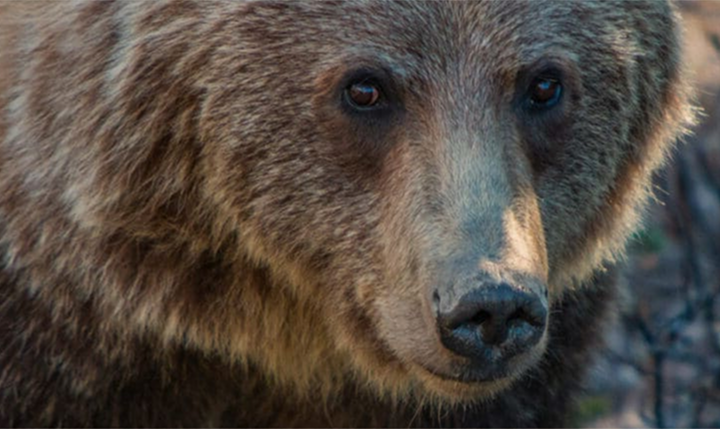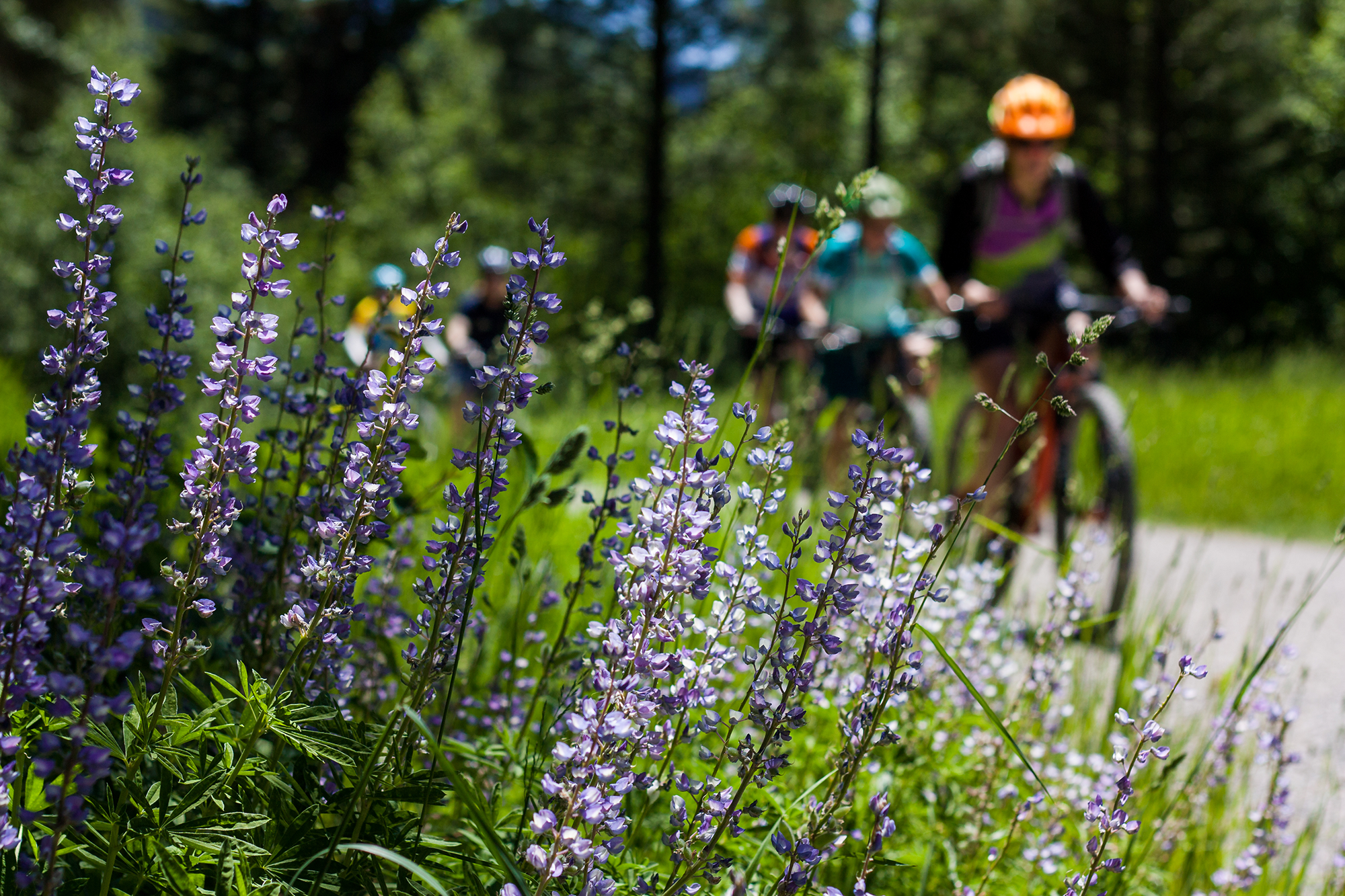Summer is the time for adventures, whether they are hours away from home in a new-to-you mountain range or the kind that involve relaxing on your patio.
Now, you have an additional entertainment option to accompany those adventures, as Y2Y’s work and staff have been featured recently in three podcasts.
A friendly reminder to those living in areas with bears: experts recommend headphones are not using while recreating as it makes you less likely to hear or notice wildlife.
The story of bear 148 in Alberta’s Bow Valley
Undercurrent from The Narwhal is a serial podcast that dives into the life and death of bear 148, a grizzly bear who lived in and around Alberta’s Banff National Park. Episode 5, Why did the grizzly cross the road, features our own Dr. Jodi Hilty discussing the ways grizzly habitat is fragmented and how that affects bears looking for food and mates while avoiding interactions with people. Listen to the episode and entire series.
A podcast by Nature Needs Half
Jodi was also a guest on the Nature Needs Half podcast. This show, hosted by Y2Y staffers Ruth Midgley and Courtney Burk, features experts exploring the problems facing nature and how we can solve them. Season 1 episode 6 highlights the reasons animals need room to roam, and just how much space wildlife needs to thrive and survive.
The Nature Needs Half Podcast also talks to former Y2Y president Karsten Heuer, who walked the 2,000-mile (3,200 km) stretch of the Yellowstone to Yukon region in the 1990s. He shares what he learned along the way and why it matters to conservation in season 1 episode 7.
Find both episodes in your favorite podcast app or at the Nature Needs Half website.
Learning about ‘Wild Animals’
Finally, tune into episode 1 of Wild Animals, a podcast from the North Carolina Museum of Natural Sciences, to learn more about Pluie, the wolf who inspired the Yellowstone to Yukon vision. Ecologist and Y2Y board member Dr. Mark Hebblewhite shares the captivating story of Pluie’s incredible travels, and highlights why carnivores are important to ecosystems. Listen to the episode.


